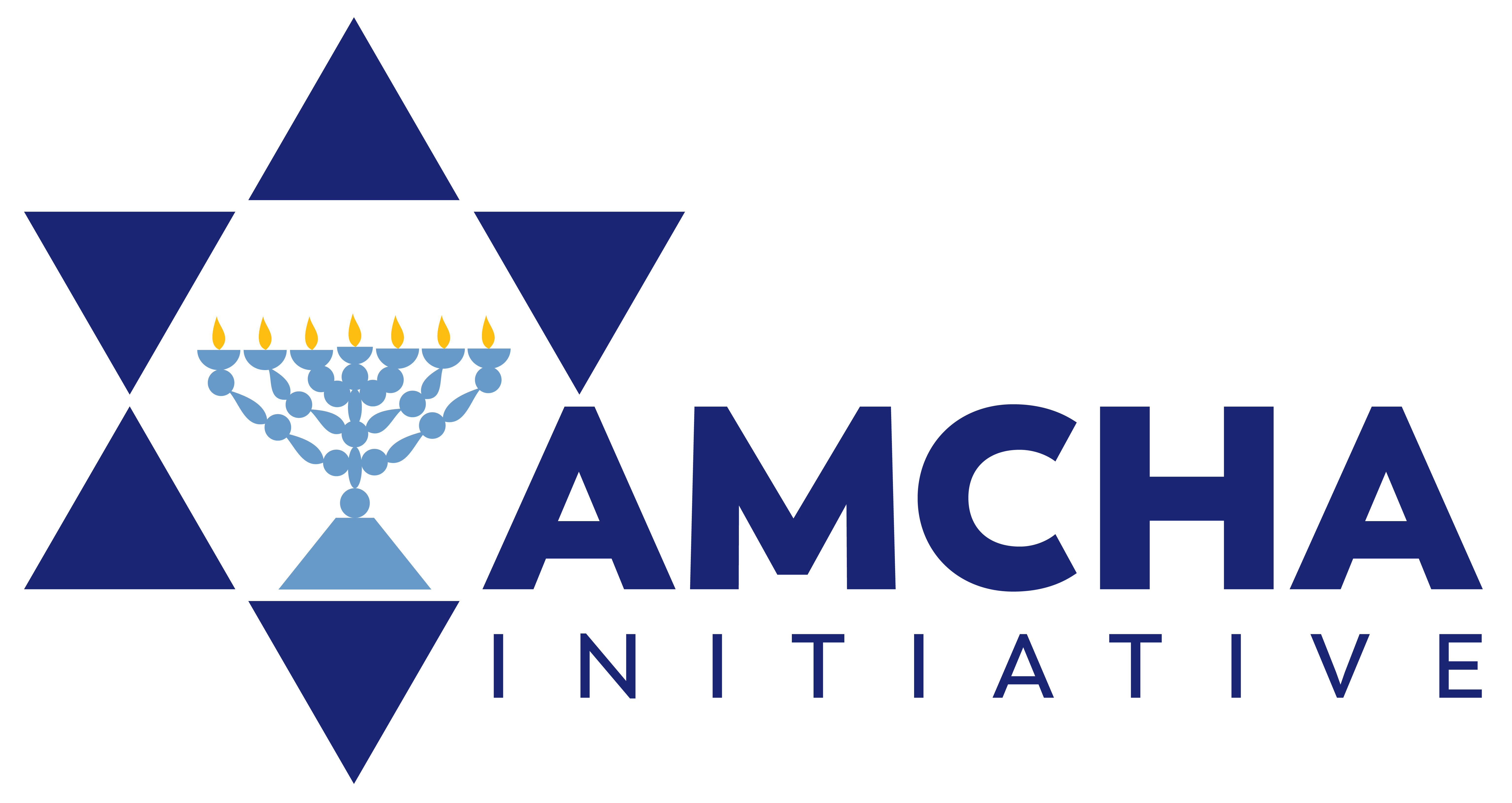UC Berkeley students’ anti-Semitism suit dismissed
Bob Egelko, San Francisco Chronicle
December 26, 2011
A lawsuit by two Jewish students accusing UC Berkeley of turning a blind eye to alleged intimidation by Arab students and fostering a climate of anti-Semitism has been dismissed by a federal judge who said school officials have no duty to intervene in campus political disputes.
The plaintiffs, a current student and a recent graduate, said they and other Jews have been harassed during Apartheid Week, held by Muslim student groups each year to protest Israeli policies.
They said organizers set up checkpoints where demonstrators in military attire brandished fake weapons and asked passing students whether they were Jewish. When plaintiff Jessica Felber walked by with a sign reading “Israel wants peace” at the March 2010 protest, a leader of Students for Justice in Palestine rammed her with a shopping cart, the suit alleged.
The suit said demonstrators at other UC Berkeley events in the past decade have spat at Jewish students, disrupted pro-Israeli speakers and compared Israel’s government to Nazi Germany.
Some incidents have resulted in arrests or student discipline, but UC administrators have allowed the checkpoints to continue and have taken no action against Students for Justice in Palestine or another sponsoring group, the Muslim Students Association, the suit said. It accused school officials, including UC President Mark Yudof, who is Jewish, of tolerating “the development of a dangerous anti-Semitic climate” on UC campuses and of failing to protect Jewish students.
The university has denied the allegations. But even if the claims in the lawsuit were proved, U.S. District Judge Richard Seeborg said in a ruling Thursday, they would not show that university officials violated the Jewish students’ rights.
Much of the conduct involved “pure political speech” that is constitutionally protected even if it “contained language that plaintiffs believe was inflammatory, offensive or untrue,” he aid.
Seeborg said some courts have allowed public colleges to outlaw harassing speech and conduct that interferes with students’ rights, but schools have no legal duty to do so. The Muslim organizations receive campus funding on the same basis as other groups, the judge said, and any attempt to withdraw it would raise “serious First Amendment issues.”
Seeborg also rejected the plaintiffs’ claim that UC officials were deliberately indifferent to the threats they faced. He said campus police have arrested disruptive protesters, and the Berkeley administration “has engaged in an ongoing dialogue with the opposing parties in an attempt to ensure that the rights of all persons are respected, and to minimize the potential for violence.”
Seeborg said the plaintiffs could try to redraft their suit to allege specific violations of their rights. Plaintiffs’ lawyer Joel Siegal said they are reviewing their options and that the suit has also stimulated a campus-wide discussion on the types of conduct that the university should tolerate.
UC Berkeley attorney Christopher Patti said the ruling “reaffirmed the fact that the university has been working hard to resolve conflicts between campus groups with opposing points of view.
